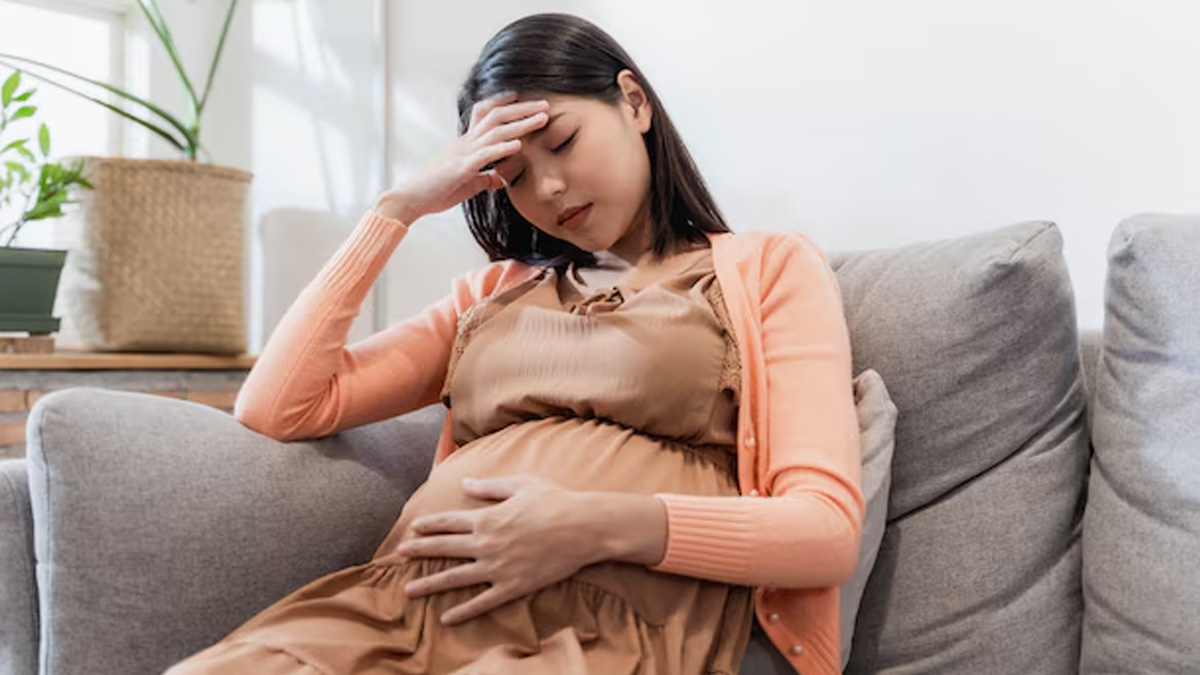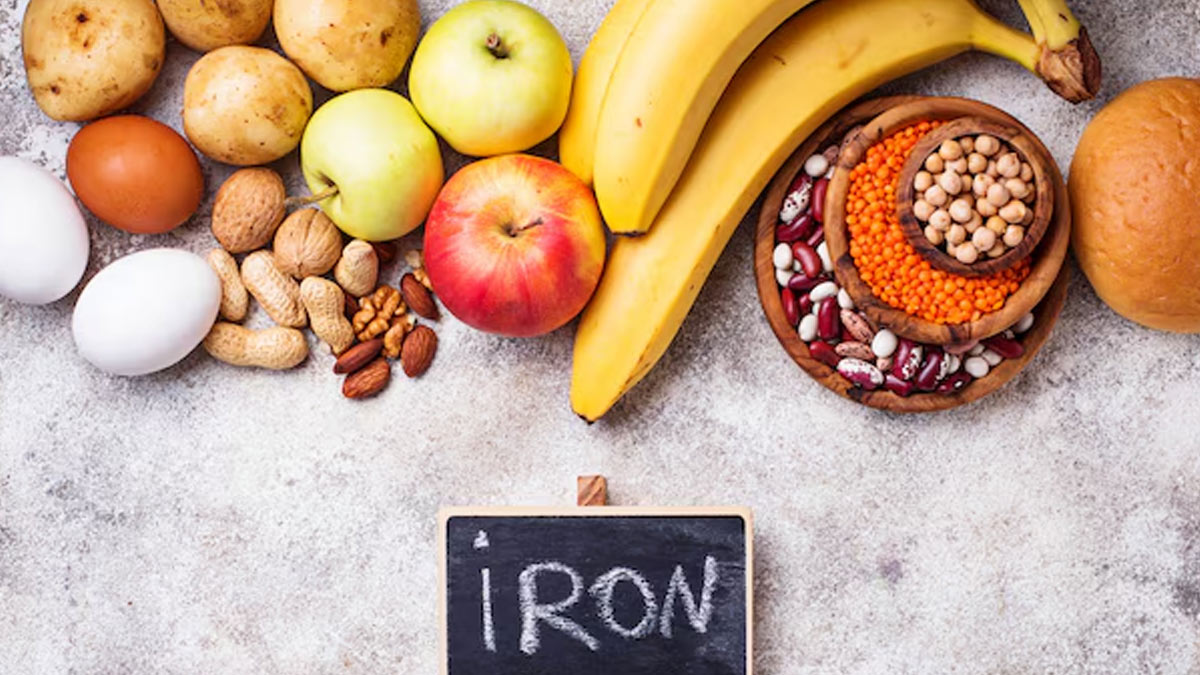
It’s a fact that women are more likely to develop iron deficiency than men. The list narrows down when healthy, non-pregnant women are compared to pregnant women, who, according to the World Health Organization (WHO) are at a greater risk of anaemia, a condition in which the number of Red Blood Cells (RBCs) or the haemoglobin concentration within them is lower than normal. Iron deficiency is the most common cause of anaemia.
Table of Content:-
Among pregnant women, those who are in their third trimester may be at an even greater risk, according to Dr Kunal Sehgal, Managing Director and Chief Pathologist, Neuberg Sehgal Path Lab, Mumbai. Read on to know the reason behind it and ways to increase iron levels during this crucial time.
Is Iron Deficiency More Common During The Third Trimester Of Pregnancy?

A 2024 study published in the American Journal of Clinical Nutrition followed over 600 first-time mothers in Ireland and found that iron deficiency rose sharply during pregnancy, from 4.5% in early stages to more than half by the third trimester. Women who took iron supplements before or early in pregnancy were less likely to become deficient.
The researchers suggested maintaining ferritin levels above 60 μg/L in early pregnancy to lower the risk later, stressing the importance of early screening and supplementation even in well-nourished populations.
Dr Sehgal explains, "In the third trimester, the mother’s blood volume expands significantly to support the growing baby and placenta. This raises the body’s demand for iron. If dietary intake isn’t enough, iron deficiency anaemia can develop. Regular monitoring helps catch it early."
Symptoms That Indicate Iron Deficiency
Signs of iron deficiency usually include:

- Fatigue
- Weakness
- Pale skin
- Dizziness
- Rapid heartbeat
- Shortness of breath
Dr Sehgal adds that severe cases can affect energy levels and immunity. It’s important to get tested rather than self-diagnose.
Iron-Rich Foods For Pregnant Women
To increase iron levels during pregnancy, eating an iron-rich diet is usually enough. These include:
- Lean meats
- Poultry
- Fish
- Beans
- Lentils
- Spinach
- Iron-fortified cereals
Dr Sehgal recommends: "Pairing these with vitamin C foods like oranges or tomatoes boosts absorption. Limit tea and coffee near meals, as they reduce iron uptake. Variety in diet is key."
Also Read: Anaemia Isn’t Just A Woman’s Problem: Why Men Shouldn’t Ignore The Signs
Are Supplements Safe?

It is important to understand that supplements are taken to fill nutritional gaps for some people. But they are not a substitute for a healthy, balanced diet.
Dr Sehgal shares that prenatal vitamins usually contain iron, but the amount may not suit everyone. “Blood tests help determine if extra supplementation is needed. Taking too much iron can also cause side effects. Always consult a doctor before adjusting dosage.”
Additionally, taking iron with meals, staying hydrated, and eating fibre-rich foods can ease constipation. “Doctors may also recommend slow-release tablets or liquid formulations. Gentle exercise supports digestion. Always follow the prescribed dose to prevent discomfort,” he concludes.
Also watch this video
How we keep this article up to date:
We work with experts and keep a close eye on the latest in health and wellness. Whenever there is a new research or helpful information, we update our articles with accurate and useful advice.
Current Version